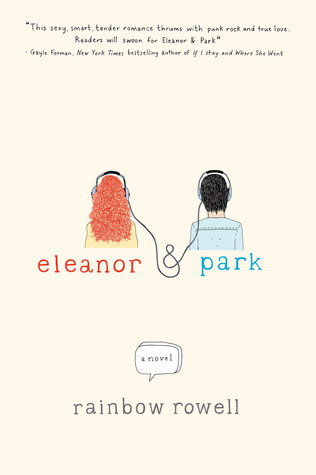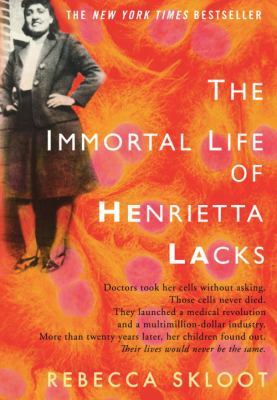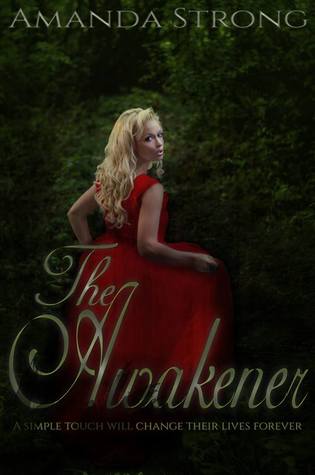126. Insomnia, Jenn Johanssen
(I actually read this a couple of months ago but just realized I never posted my review.)
I was probably predisposed to like this one since I've met the author and she's awesome (and a redhead, so naturally we're kindred spirits . . . ). And while I'm not usually big on thrillers, I did quite enjoy this one. The story line is quite original: Parker is a Watcher, which means he's forced to inhabit the dreams of the last person he makes eye contact with each day.
 What this mostly means is that Parker doesn't sleep. Ever. And the sleeplessness is slowly killing him. When he meets a new girl at school, Mia, whose dreams are strangely restful (and the first time Parker has been able to really sleep in months), he becomes obsessed. Not romantically obsessed--just desperate to find ways for her to be the last one he sees each night. Not surprisingly, it doesn't take long for Mia to be completely creeped out by his behavior and to try to avoid him. Even his friends think he's finally lost it.
What this mostly means is that Parker doesn't sleep. Ever. And the sleeplessness is slowly killing him. When he meets a new girl at school, Mia, whose dreams are strangely restful (and the first time Parker has been able to really sleep in months), he becomes obsessed. Not romantically obsessed--just desperate to find ways for her to be the last one he sees each night. Not surprisingly, it doesn't take long for Mia to be completely creeped out by his behavior and to try to avoid him. Even his friends think he's finally lost it.But when strange things begin happening in his own dreams and Mia is threatened--Parker doesn't know if he can trust himself anymore.
What I liked about this book (and what, apparently, some reviewers hate about it) was that Parker was an unreliable narrator. He genuinely doesn't know if he's capable of doing some of the horrible things he's afraid he's actually done. Sometimes the writing style was fragmented and a bit disjointed, but I think that perfectly reflected Parker's state of mind. And yes, sometimes (frequently), Parker is a jerk. But he doesn't want to be that person, and he works toward changing it.
The story has some surprising twists and tense moments--a good example of a YA thriller.


 I really loved this book.
I really loved this book. 

 120. Blud and Magick by Preston Norton.
120. Blud and Magick by Preston Norton.


